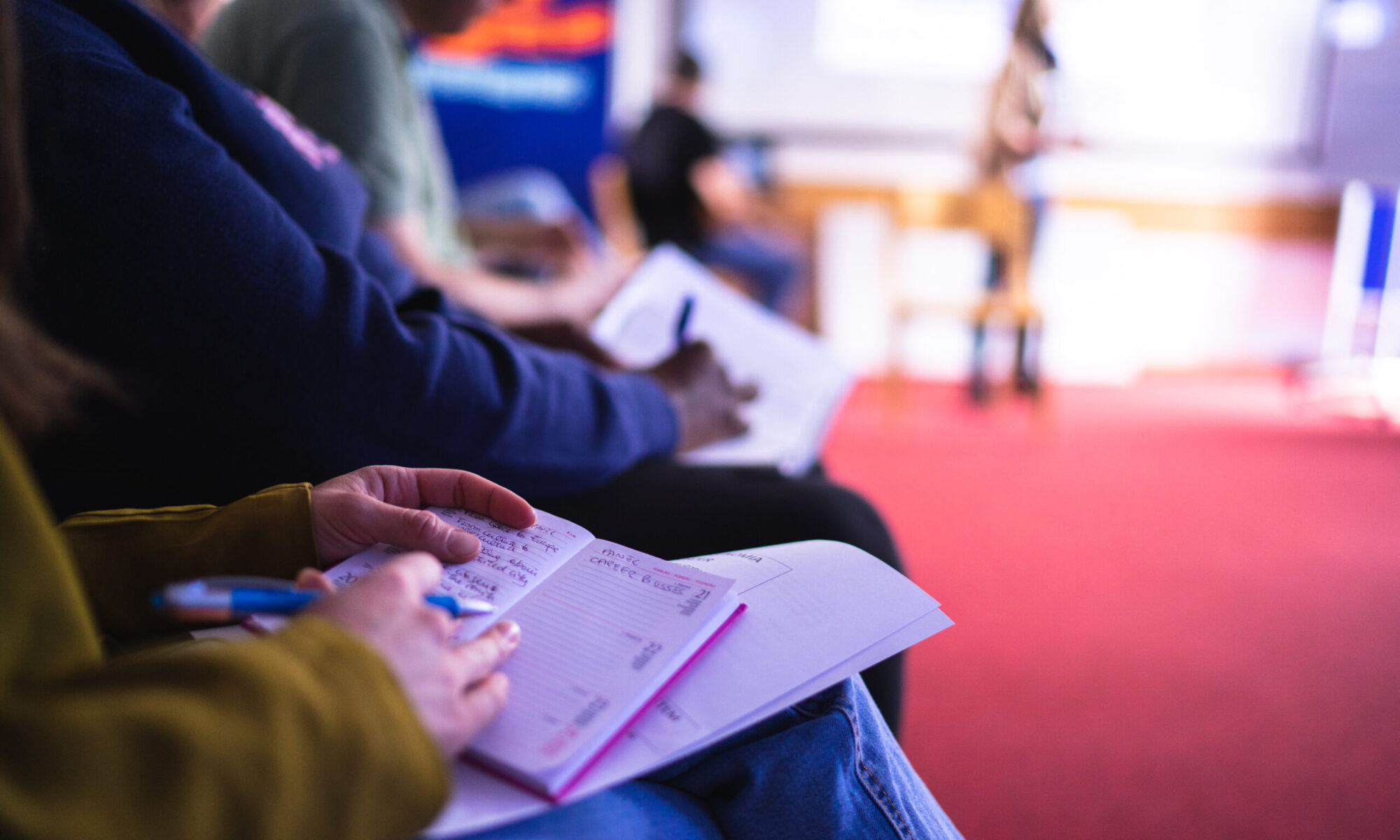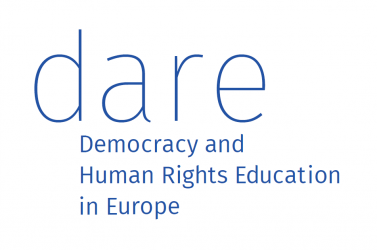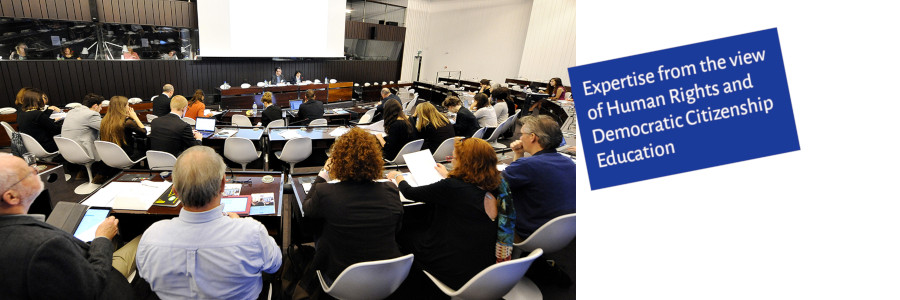- ET2020 Strategic Framework for European Cooperation in Education and Training
- Referred Document: PDF
Project: EDC for All (2013-2015)

The project EDC for All – qualifying and mainstreaming Education for Democratic Citizenship within Europe aimed at the transfer of EDC (Education for Democratic Citizenship) relevant policies, methods and support mechanisms in an European context.
Continue reading “Project: EDC for All (2013-2015)”Games: S+intro and ja!do
The game set includes the two newly developed games ja/do and S*intro. The games have been developed as part of the EU supported “EDC for All”- project.
Continue reading “Games: S+intro and ja!do”EDC for All – Qualifying and Mainstreaming Education for Democratic Citizenship in Europe
The DARE BLUE LINES publication “EDC for All” comprises experiences and key findings from the project “EDC for All – qualifying and mainstreaming Education for Democratic Citizenship within Europe”.
Continue reading “EDC for All – Qualifying and Mainstreaming Education for Democratic Citizenship in Europe”Keeping Human Rights at the heart of the EU agenda! Recommendations on the EU Action plan on Human Rights and Democracy (2015-2019)
- EU Action plan on Human Rights and Democracy (2015-2019)
Making the Case for European Civic Education – DARE talking points at the EP roundtable – Dec 2013
- DARE points reflecting the state of citizenship education in Europe at the End of European Year of Citizenship 2013
Demanding Fundamental Rights: Law Related Education in Adult Learning
Documenting the experiences of a 2 years lasting European Learning Partnership the participating organizations compiled their experiences from the level of educational practice.
Continue reading “Demanding Fundamental Rights: Law Related Education in Adult Learning”Opinion on EC communication “Re-Thinking Education” – Aug 2013
Let us be more ambitious!
DARE networks board proposes to critically investigate the European Commissions proposal on “Rethinking Education: investing in skills for better socio-economic outcomes” which was published in November 2012 by the European Commission [COM(2012) 669 final].
Continue reading “Opinion on EC communication “Re-Thinking Education” – Aug 2013″
Innovative Approaches to Overcome Discrimination of Vulnerable Groups
A new issue of the DARE BLUE LINES has been released. Titled “Innovative Approaches to Overcome Discrimination of Vulnerable Groups”, the brochure documents presentations, inputs and discussions from the 2013 DARE Spring Academy.
Continue reading “Innovative Approaches to Overcome Discrimination of Vulnerable Groups”Recommendations for the third Phase of the World Programme for Human Rights Education – Mar 2013
The DARE network welcomes the consultation initiative launched by the Office of the United Nations High Commissioner for Human Rights on the third phase of the World Programme for Human Rights Education.


